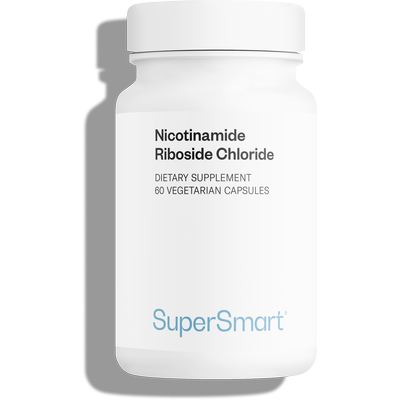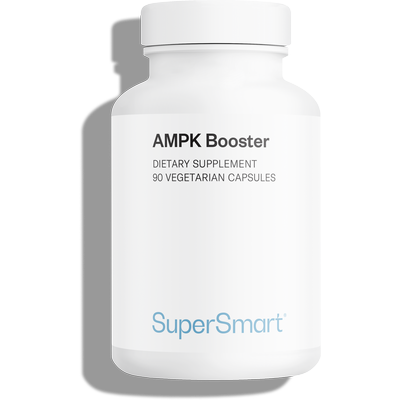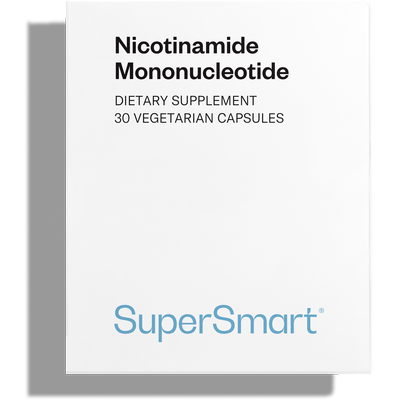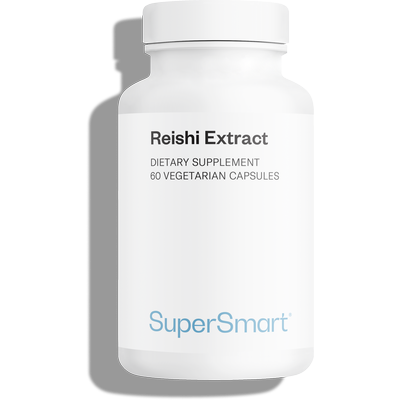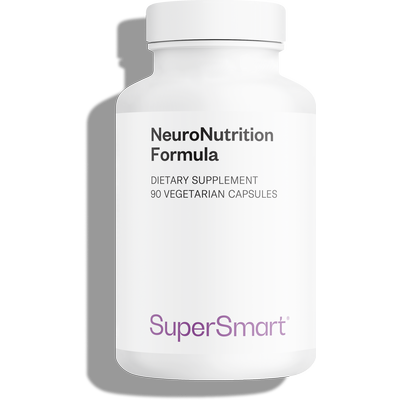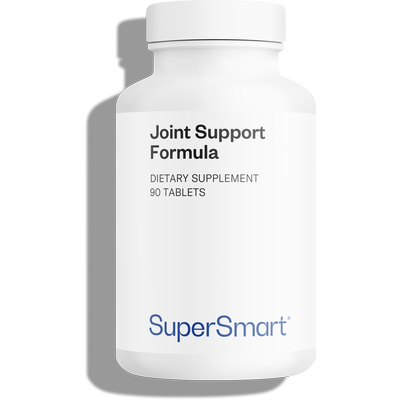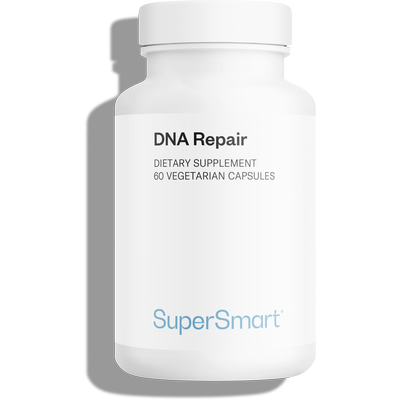03-10-2017
Live longer, live better
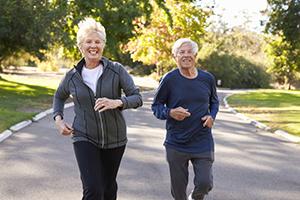 A few days ago, it was International Day of Older Persons, a World Health Organization (WHO) initiative set up to honour the world’s senior citizens and highlight their rights in modern society1. In particular, this annual event emphasises the importance of the right to health. This is defined by the WHO as “the right to the highest attainable standard of health” 2, and includes various criteria conducive to health, including access to the best treatments. In this context, the editorial team at Nutranews decided to take another look at the latest scientific advances in anti-ageing medicine. How can we prevent our bodies from ageing prematurely, and how can we fight the effects of ageing? Read on to discover what science has to say on the subject of how to live longer and better!
A few days ago, it was International Day of Older Persons, a World Health Organization (WHO) initiative set up to honour the world’s senior citizens and highlight their rights in modern society1. In particular, this annual event emphasises the importance of the right to health. This is defined by the WHO as “the right to the highest attainable standard of health” 2, and includes various criteria conducive to health, including access to the best treatments. In this context, the editorial team at Nutranews decided to take another look at the latest scientific advances in anti-ageing medicine. How can we prevent our bodies from ageing prematurely, and how can we fight the effects of ageing? Read on to discover what science has to say on the subject of how to live longer and better!
Preventing and fighting the effects of ageing
A major challenge for anti-ageing medicine
Preventing the body from ageing means combatting a whole host of physiological and psychological processes. There are a number of mechanisms that contribute to the decline in the body’s functions3 which are triggered in response to various elements, both intrinsic and extrinsic. Ageing may be the result of genetic factors but it can also be accelerated by lifestyle and environment, particularly the stresses of everyday life and air pollution.
Significant changes in forms of metabolism
While the gradual ageing that takes place in the body remains invisible for part of life, its effects do then start to appear in various ways. Several of these effects are due to significant alterations in metabolism. Our overall body composition changes, as lean mass decreases and fat mass increases. This shift in fat metabolism may be accompanied by one in carbohydrate metabolism too, resulting in changes to glucose tolerance. This is particularly the case with obese and diabetic individuals who become more insulin-resistant with age.
Tackling metabolic decline
Scientists have identified a number of molecules that are able to help combat these changes in metabolism. One such substance is nicotinamide riboside, a rare form of vitamin B3 recognised in anti-ageing medicine for stimulating metabolism and promoting fat-burning. Another therapeutic approach shown to combat metabolic decline involves restoring the activity of an enzyme central to metabolism called AMPK (adenosine monophosphate-activated protein kinase). Activation of this enzyme decreases with age but researchers have identified three natural extracts capable of reactivating it: Berberis vulgaris, Gynostemma pentaphyllum and Buxus sinica. For optimal efficacy, these extracts are combined in a single formulation – the anti-ageing supplement AMPK Booster.
Protecting the cardiovascular system
Ageing of the cardiovascular system
Throughout life, the cardiovascular system is subject to numerous attacks. With advancing age, these tend to affect the structure of the heart and blood vessels. Structural changes start to appear, with an increase in cardiac mass, degeneration of heart valves, and thickening of blood vessel walls. Gradually, these changes have a negative effect on cardiovascular function, primarily manifesting in a loss of both elasticity of cardiovascular tissue and contractility of cardiac muscle, as well as a reduction in cardiac output.
Cardio-protective solutions
A number of studies have been conducted to try and combat ageing of the cardiovascular system. Scientists have identified powerful protective agents such as antioxidants, including the famous one in grapes called resveratrol. Responsible for the renowned ‘French Paradox’, resveratrol is available in nutritional supplement form either on its own, or combined with other powerful antioxidants such as in the formulation Resveratrol Synergy. Research has also demonstrated the cardio-protective effects of the reishi mushroom. Often referred to as the ‘mushroom of immortality’, reishi is highly valued in the field of anti-ageing medicine. A molecule called nicotinamide mononucleotide, has also been highlighted for counteracting the effects of ageing on the cardiovascular system.
Supporting and boosting cognitive ability
Age-related cognitive decline
Studies have shown that ageing often goes hand in hand with a decrease in neurons and certain transmitters, which may explain the age-associated decline in cognitive ability including memory, attention and concentration.
Powerful neuroprotective formulations
In recent years, neuroprotective agents have been identified for preventing and combatting cognitive decline, several of which are combined in the supplementNeuro-Nutrition Formula, an enhanced formulation for neuroprotection. Natural extracts with neuroprotective effects also feature in the product Neurex™. The result of many years of research, this is an optimised formulation for protecting against cerebral degeneration.
Maintaining mobility
Ageing brings greater fragility
The musculoskeletal system also suffers damage over time. Ageing impairs muscle function with gradual decreases in muscle mass, volume and strength. Bone density is also affected resulting in fragile bones. In the joints, there is degeneration in cartilage, leading to joint problems.
Solutions for protecting bone, cartilage and muscle structure
Formulations have been developed to combat deterioration in the musculoskeletal system. The product Joint Support Formula, for example, is designed to maintain joint health, while Super Bone Formula is formulated to protect and improve bone density. For the muscles, various products are available for supporting and increasing muscle strength, including creatine supplements.
Scientific research has thus identified a number of solutions for helping to combat ageing. Recent studies have paved the way for a new type of anti-ageing medicine that delays and even reverses the ageing process. These discoveries include the repair of damaged DNA, activation of stem cells and lengthening of telomeres.
> Sources :
1. Nations Unies, Journée internationale des personnes âgées 1er octobre, www.un.org (Consulté le 22 septembre 2017).
2. Organisation Mondiale de la Santé, Santé et droits de l’homme, Aide-mémoire N°323, Décembre 2015, www.who.int (Consulté le 22 septembre 2017).
3. Organisation Mondiale de la Santé, Vieillissement et santé, Aide-mémoire N°404, Septembre 2015, www.who.int (Consulté le 22 septembre 2017).
Order the nutrients mentioned in this article
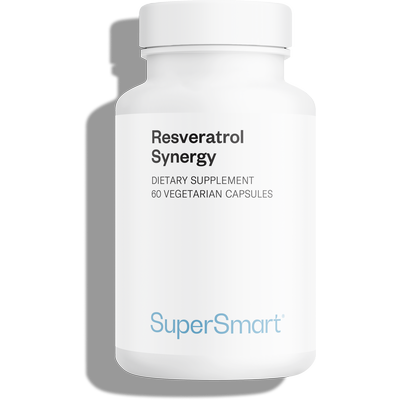
Improves biomarkers of aging and promotes expression of longevity genes
www.supersmart.com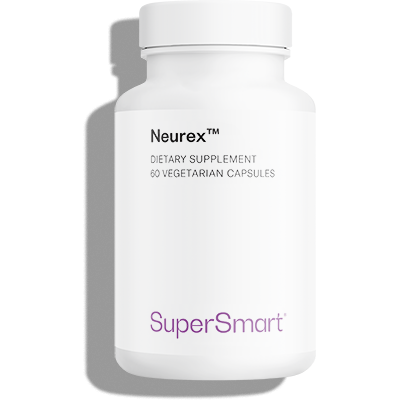
A powerful, synergistic formulation to prevent or delay cerebral degeneration.
www.supersmart.com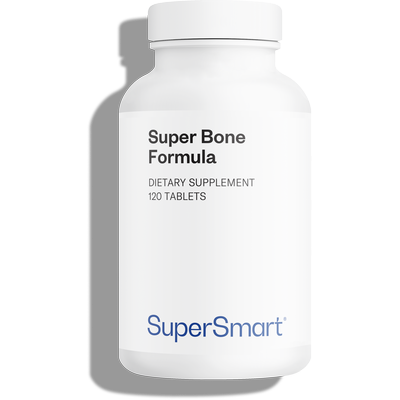
Completely reformulated to maintain and improve bone density more effectively
www.supersmart.com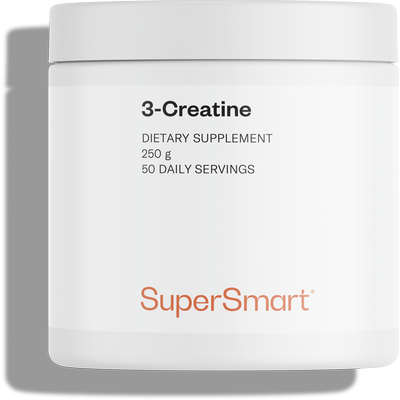
A synergistic blend of 3 active and very well-tolerated forms of creatine
www.supersmart.com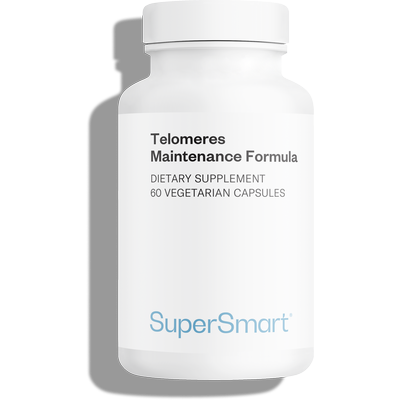
Extends lifespan by preventing shortening of telomeres.
www.supersmart.com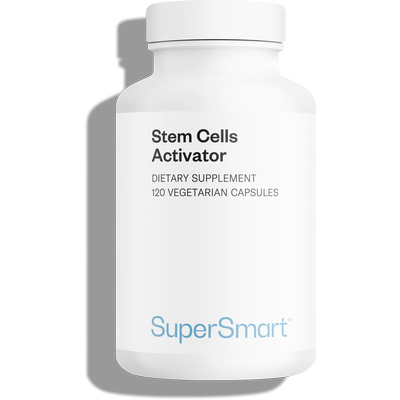
Activates stem cells naturally : an exciting advance in the quest to increase lifespan and quality of life.
www.supersmart.comFurther reading
07-06-2016
Imagine a nutrient that could prevent wrinkles, slackening and ageing of the skin, not just on the face (eyelids, cheeks, lips) but also on the...
Read more22-05-2017
An Indian research team has just made a surprising discovery in relation to the accumulation of ‘bad’ cholesterol in the arteries 1 ; a combination...
Read more04-09-2019
A study published in Hypertension , the journal of the American Heart Association, has provided new evidence of this dietary supplement’s effectiveness for reducing the...
Read more© 1997-2026 Fondation pour le Libre Choix
All rights reserved
All rights reserved
Free
Thank you for visiting our site. Before you go
REGISTER WITHClub SuperSmart
And take advantage
of exclusive benefits:
of exclusive benefits:
- Free: our weekly science-based newsletter "Nutranews"
- Special offers for club members only



